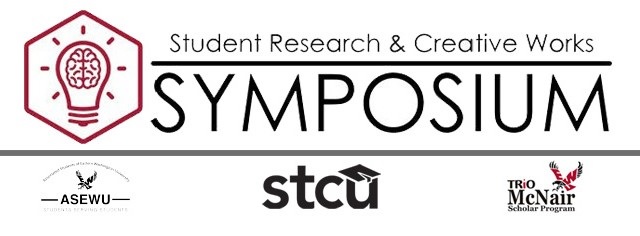Evaluating the Effects of Intestinal Bacteria’s Production of GABA Neurotransmitter on an Animal Model of Multiple Sclerosis
Faculty Mentor
Dr. Ochoa-Reparaz
Loading...
Document Type
Oral Presentation
Publication Date
Spring 5-2020
Department
Biology
Abstract
The purpose of this study is to investigate whether modifying the microbiota of mice with GABA-producing bacteria influences the severity of a multiple sclerosis (MS) model. GABA is an inhibitory neurotransmitter that has in previous studies shown an ameliorative effect on the progression of the disease. Past studies have indicated that GABA production by gut bacteria is decreased in patients with MS. This study will use a modified Lactococcus lactis, that has been modified to produce large amounts of GABA, as a probiotic treatment to mice induced with a model of MS known as Experimental Autoimmune Encephalomyelitis, EAE. The mice will be divided into three groups. The first will be treated with the modified L. lactis, the second with a non-modified wild type L. lactis, and a final group which will not be treated. The mice will be scored for disease severity, and at the end of the experiment their tissues will be tested for inflammatory markers, such as TH17 cells, GM-CSF, and IL-17A cytokines, which are hallmarks of the disease. We hypothesize that as L. lactis produces GABA in the treated mice, it will cause an increase in GABA levels in the intestine and a systemic decrease in the function of inflammatory cells.
Recommended Citation
Kohl, Hannah M., "Evaluating the Effects of Intestinal Bacteria’s Production of GABA Neurotransmitter on an Animal Model of Multiple Sclerosis" (2020). 2020 Symposium Oral Presentations. 18.
https://dc.ewu.edu/srcw_2020_oral_presentations/18
Creative Commons License

This work is licensed under a Creative Commons Attribution-NonCommercial-No Derivative Works 4.0 International License.


